https://archive.is/iFyH4
After 176 days, Israel’s assault on Gaza has not stopped and has expanded into what Human Rights Watch has declared to be a policy of starvation as a weapon of war. More than 32,000 Palestinians have been killed, and the international community has reverted to a deeply familiar call for a two-state solution, under which Palestinians and Israelis can coexist in peace and security. President Biden even declared “the only real solution is a two-state solution” in his State of the Union address last month.
But the call rings hollow. The language that surrounds a two-state solution has lost all meaning. Over the years, I’ve encountered many Western diplomats who privately roll their eyes at the prospect of two states — given Israel’s staunch opposition to it, the lack of interest in the West in exerting enough pressure on Israel to change its behavior and Palestinian political ossification — even as their politicians repeat the phrase ad nauseam. Yet in the shadow of what the International Court of Justice has said could plausibly be genocide, everyone has returned to the chorus line, stressing that the gravity of the situation means that this time will be different.
It will not be. Repeating the two-state solution mantra has allowed policymakers to avoid confronting the reality that partition is unattainable in the case of Israel and Palestine, and illegitimate as an arrangement originally imposed on Palestinians without their consent in 1947. And fundamentally, the concept of the two-state solution has evolved to become a central pillar of sustaining Palestinian subjugation and Israeli impunity. The idea of two states as a pathway to justice has in and of itself normalized the daily violence meted out against Palestinians by Israel’s regime of apartheid.
The circumstances facing Palestinians before Oct. 7, 2023, exemplified how deadly the status quo had become. In 2022, Israeli violence killed at least 34 Palestinian children in the West Bank, the most in 15 years, and by mid-2023, that rate was on track to exceed those levels. Yet the Biden administration still saw fit to further legitimize Israel, expanding its diplomatic relations in the region and rewarding it with a U.S. visa waiver. Palestine was largely absent from the international agenda until Israeli Jews were killed on Oct. 7. The fact that Israel and its allies were ill prepared for any kind of challenge to Israeli rule underscores just how invisible the Palestinians were and how sustainable their oppression was deemed to be on the global stage.
This moment of historical rupture offers blood-soaked proof that policies to date have failed, yet countries seek to resurrect them all the same. Instead of taking measures showing a genuine commitment to peace — like meaningfully pressuring Israel to end settlement building and lift the blockade on Gaza or discontinuing America’s expansive military support — Washington is doing the opposite. The United States has aggressively wielded its use of its veto at the United Nations Security Council, and even when it abstains, as it did in the recent vote leading to the first resolution for a cease-fire since Oct. 7, it claims such resolutions are nonbinding. The United States is funding Israel’s military while defunding the U.N. Relief and Works Agency, a critical institution for Palestinians, bolstering the deeply unpopular and illegitimate Palestinian Authority, which many Palestinians now consider to be a subcontractor to the occupation, and subverting international law by limiting avenues of accountability for Israel. In effect, these actions safeguard Israeli impunity.
The vacuity of the two-state solution mantra is most obvious in how often policymakers speak of recognizing a Palestinian state without discussing an end to Israel’s occupation of Palestinian territory. Quite the contrary: With the United States reportedly exploring initiatives to recognize Palestinian statehood, it is simultaneously defending Israel’s prolonged occupation at the International Court of Justice, arguing that Israel faces “very real security needs” that justify its continued control over Palestinian territories.
What might explain this seeming contradiction?
The concept of partition has long been used as a blunt policy tool by colonial powers to manage the affairs of their colonies, and Palestine was no exception. The Zionist movement emerged within the era of European colonialism and was given its most important imprimatur by the British Empire. The Balfour Declaration, issued by the British in 1917, called for a “national home for the Jewish people” in Palestine without adequately accounting for the Palestinians who constituted a vast majority in the region and whom Balfour referred to simply as “non-Jewish communities.” This declaration was then imposed on the Palestinians, who by 1922 had become Britain’s colonized subjects and were not asked to give consent to the partitioning of their homeland. Three decades later, the United Nations institutionalized partition with the passage of the 1947 plan, which called for partitioning Palestine into two independent states, one Palestinian Arab and the other Jewish.
All of Palestine’s neighboring countries in the Middle East and North Africa that had achieved independence from their colonial rulers and joined the U.N. voted against the 1947 plan. The Palestinians were not formally considered in a vote that many saw as illegitimate; it partitioned their homeland to accommodate Zionist immigration, which they had resisted from the onset. The Palestine Liberation Organization, established more than a decade later, formalized this opposition, insisting that Palestine as defined within the boundaries that existed during the British Mandate was “an indivisible territorial unit”; it forcefully refused two states and by the late 1970s was fighting for a secular, democratic state. By the 1980s, however, the P.L.O. chairman, Yasir Arafat, along with most of the organization’s leadership, had come to accept that partition was the pragmatic choice, and many Palestinians who had by then been ground down by the machinery of the occupation accepted it as a way of achieving separateness from Israeli settlers and the creation of their own state.
It took more than three decades for Palestinians to understand that separateness would never come, that the goal of this policy was to maintain the illusion of partition in some distant future indefinitely. In that twilight zone, Israel’s expansionist violence increased and became more forthright, as Israeli leaders became more brazen in their commitment to full control from the Jordan River to the Mediterranean Sea. Israel also relied on discredited Palestinian leaders to sustain their control — primarily those who lead the Palestinian Authority and who collaborate with Israel’s machinations and make do with nonsovereign, noncontiguous Bantustans who never challenge Israel’s overarching domination. This kind of demographic engineering, which entails geographic isolation of unwanted populations behind walls, is central to apartheid regimes. Repeating the aspiration for two states and arguing that partition remains viable presents Israel as a Jewish and democratic state — separate from its occupation — giving it a veneer of palatability and obfuscating the reality that it rules over more non-Jews than Jews.
Editors’ Picks
Ice Skating and the Brain
Rebecca Hall Redefines Stardom
How Many Easters Remain for This Century-Old Boys’ Choir School?
Seen in this light, the failed attempts at a two-state solution are not a failure for Israel at all but a resounding success, as they have fortified Israel’s grip over this territory while peace negotiations ebbed and flowed but never concluded. In recent years, international and Israeli human rights organizations have acknowledged what many Palestinians have long argued: that Israel is a perpetrator of apartheid. B’Tselem, Israel’s leading human rights organization, concluded that Israel is a singular regime of Jewish supremacy from the river to the sea.
Now, with international attention once again focused on the region, many Palestinians understand the dangers of discussing partition, even as a pragmatic option. Many refuse to resuscitate this hollowed-out policy-speak. In a message recently published anonymously, a group of Palestinians on the ground and in the diaspora state wrote, “The partition of Palestine is nothing but a legitimation of Zionism, a betrayal of our people and the final completion of the nakba,” or catastrophe, which refers to the expulsion and flight of about 750,000 Palestinians with Israel’s founding. “Our liberation can only be achieved through a unity of struggle, built upon a unity of people and a unity of land.”
For them, the Palestinian state that their inept leaders continue to peddle, even if achievable, would fail to undo the fact that Palestinian refugees are unable to return to their homes, now in Israel, and that Palestinian citizens of Israel would continue to reside as second-class citizens within a so-called Jewish state.
Global powers might choose to ignore this sentiment as unrealistic, if they even take note of it. They might also choose to ignore Israeli rejection of a two-state solution, as Israeli leaders drop any pretenses and explicitly oppose any pathway to Palestinian statehood. As recently as January, Prime Minister Benjamin Netanyahu said that Israel “must have security control over the entire territory west of the Jordan River.” He added: “That collides with the idea of sovereignty. What can we do?”
And yet the two-state solution continues to be at the forefront for policymakers who have returned to contorting the reality of an expansionist regime into a policy prescription they can hold on to. They cycle through provisions that the Palestinian state must be demilitarized, that Israel will maintain security oversight, that not every state in the world has the same level of sovereignty. It is like watching a century of failure, culminating in the train wreck of the peace process, replay itself in the span of the past five months.
This will not be the first time that Palestinian demands are not taken into account as far as their own future is concerned. But all policymakers should heed the lesson of Oct. 7: There will be neither peace nor justice while Palestinians are subjugated behind walls and under Israeli domination.
A singular state from the river to the sea might appear unrealistic or fantastical or a recipe for further bloodshed. But it is the only state that exists in the real world — not in the fantasies of policymakers. The question, then, is: How can it be transformed into one that is just?

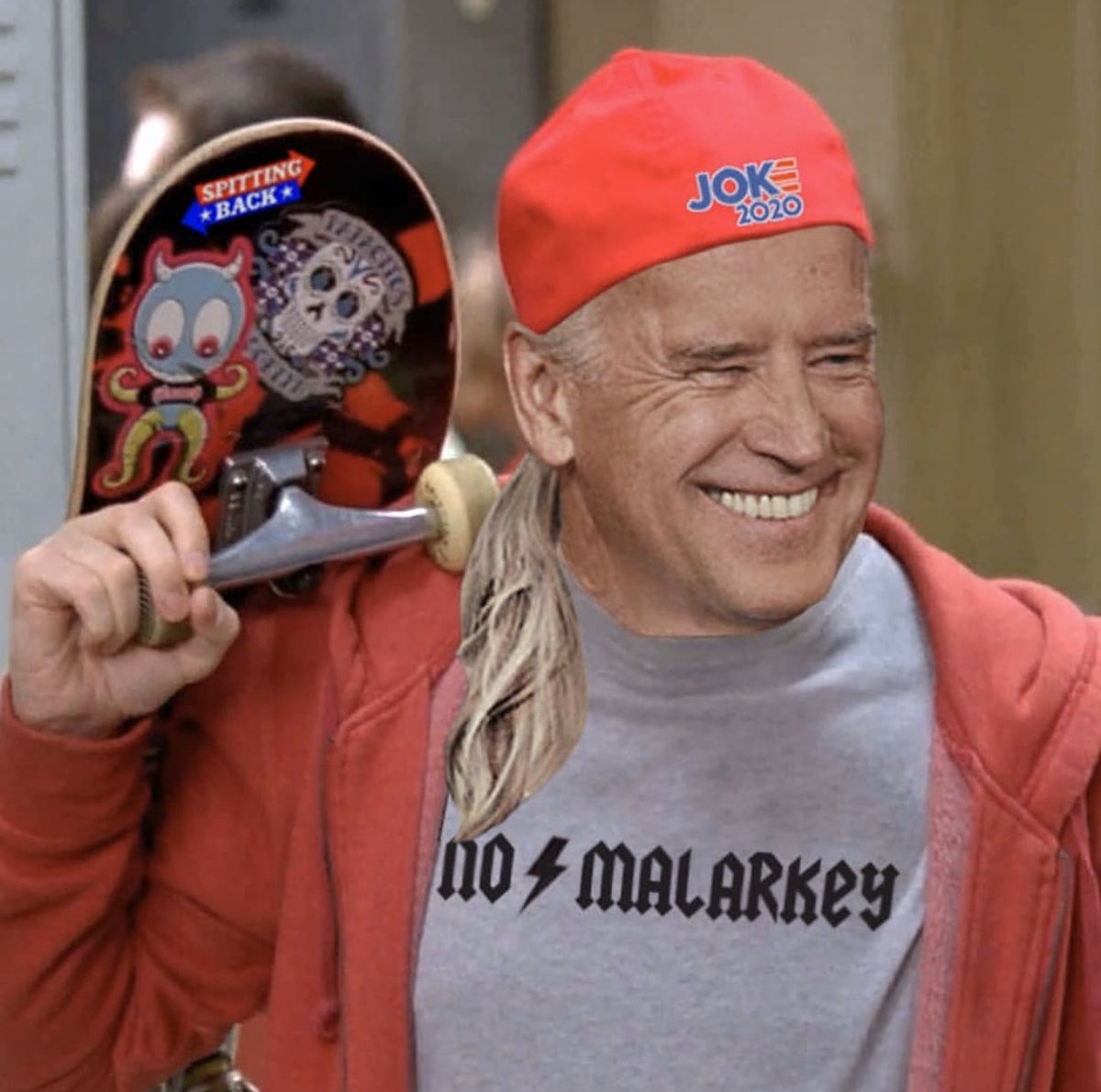


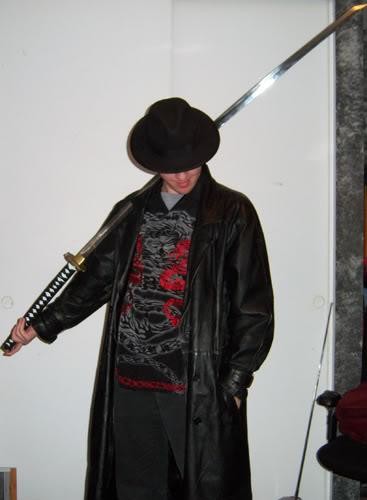
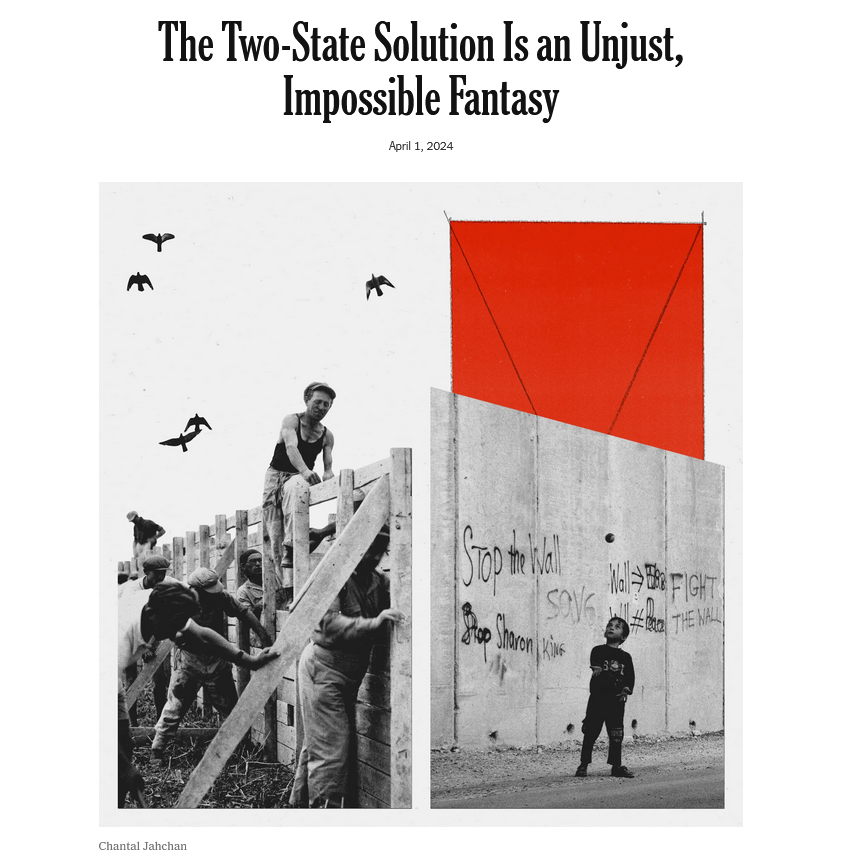

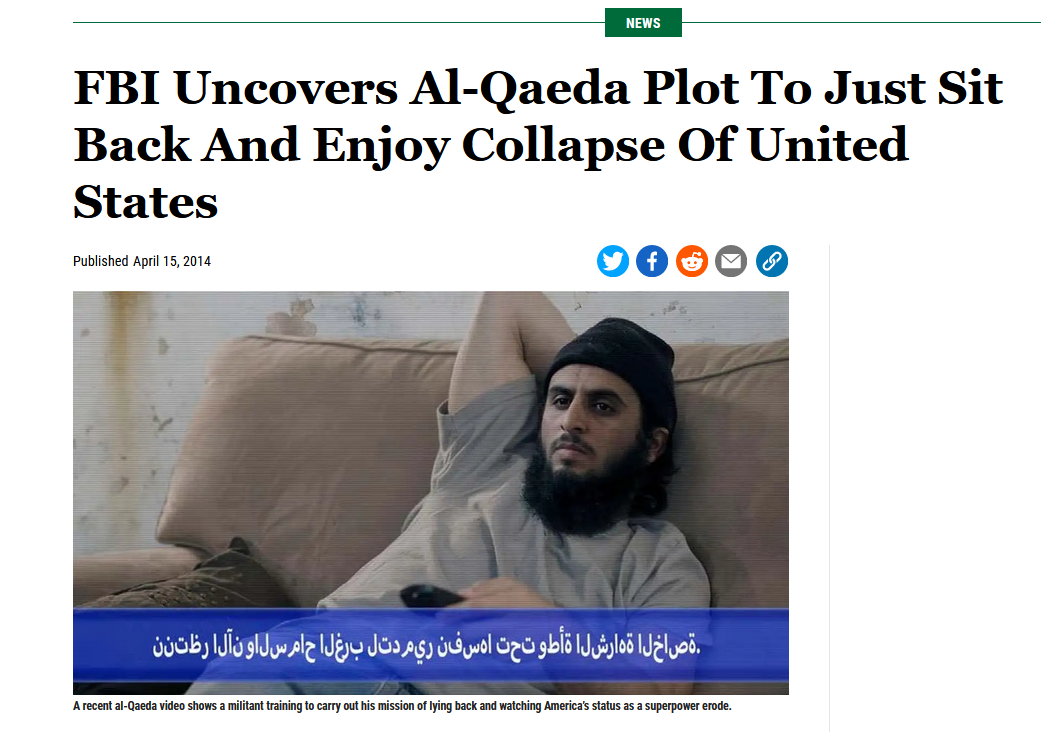


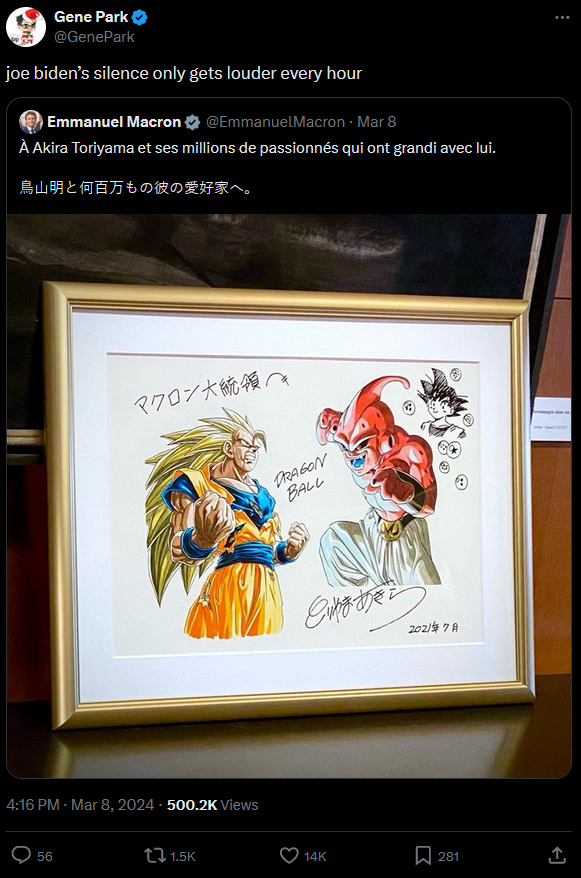



Some of my best friends are Mohammedans